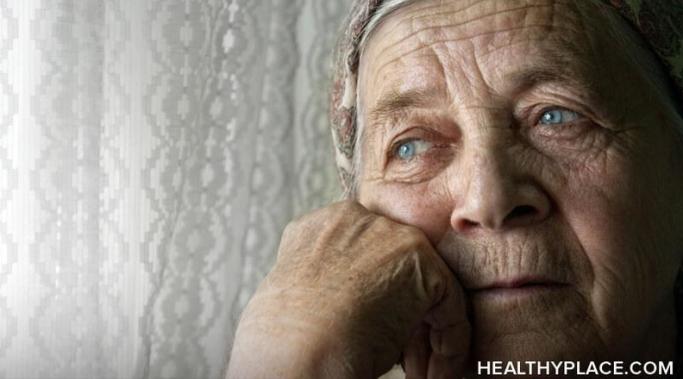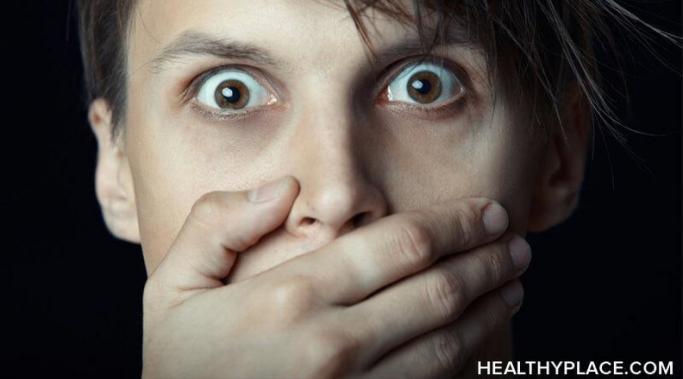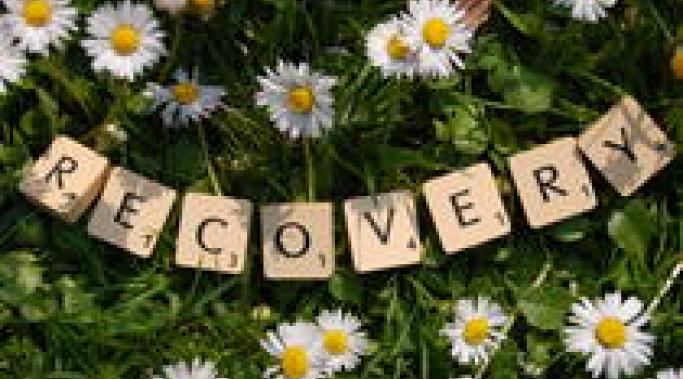Mental illness is an isolating and lonely disease. This is not to say that everyone diagnosed with a mental illness feels alone in their struggle, but many of us do, most of us do at some point in our recovery. Because I was diagnosed with bipolar disorder at the age of twelve, I have often felt lonely and as if very few people could really understand me. And now, twelve years later, I still struggle with a feeling that I am alone in my illness, that despite a concerted effort on the behalf of those who love me, they cannot really understand the struggle. These thoughts, these feelings, are normal in connection to mental illness, because by nature, mental illness is a lonely and isolating disease.
Recovery Issues
Being a mental health patient requires patience. Eternal, frustrating patience. When you have a mental illness a few weeks feels like a few years. A decade. A mental health patient's degree of patience is the difference between suffering and relief. Living in patience peacefully is the key to mental health recovery.
I touched on reconciling with relapse in my post, Flashbacks and The Fear of Relapse, but there is a lot more to mental health recovery than a single post can cover. An entire book spanning thousands of pages cannot describe the fear associated with relapse. Reconciling with the possibility of mental illness relapse is a difficult task.
In the past, I wondered if a new partner would love me after knowing I had a mental illness. Of course, it is not a topic you disclose when you first meet someone: having dinner together, or watching a movie. It is probably not something you talk about three weeks later, but living with a mental illness is something that needs to be discussed.
When you are in the process of recovering from a chronic mental illness, when you have achieved a state of remission and are free from psychiatric symptoms, you will never forget the impact, the memories, of when you were sick. The flashbacks.
Mental illness is chronic in nature. It is, by its very definition, a disease. I, like many other people who struggle with mental illness, have a hard time digesting and accepting the words chronic and disease. A person with a disease is sick. A person with a chronic disease is consistently sick.
Does Having a Chronic Mental Illness Mean That I am Sick?
Yes, and no. An example: if you have bipolar disorder you have a chronic illness but if you are in recovery, the mental illness is in remission. You are then considered well; the illness remains but you are free of symptoms or they are drastically reduced.
The word recovery is often socially defined as the achievement of health after a period of illness. Recovery is thought to be consistent and often connected to a physical illness. Recovery, when connected to a chronic mental illness, is different; the word itself holds more weight. The process from sickness to health is not absolute in nature. It is transient, and can change with the seasons or be triggered by life events.
I was twelve years old when I was diagnosed with bipolar disorder. That same year, I was diagnosed with attention deficit disorder, oppositional conduct disorder, and anxiety disorder. Point in case: I was a very sick and a terribly confused young woman. I spent many years in and out of hospitals; my body was laced with different combinations of medications. Three years later, at the age of fifteen, I became well.
My name is Natalie Jeanne Champagne and welcome to my blog, Recovering from Mental Illness. I am twenty-six years old and am a freelance writer among other things. (People are, of course, much more than their chosen profession!) I have spent the last couple of years working to lessen the stereotype of mental health issues and this blog will reflect that.
I have published a book, "The Third Sunrise: A Memoir of Madness" on my experience with bipolar disorder and addiction. You can learn more about it on my website @ www.thethirdsunrise.com








